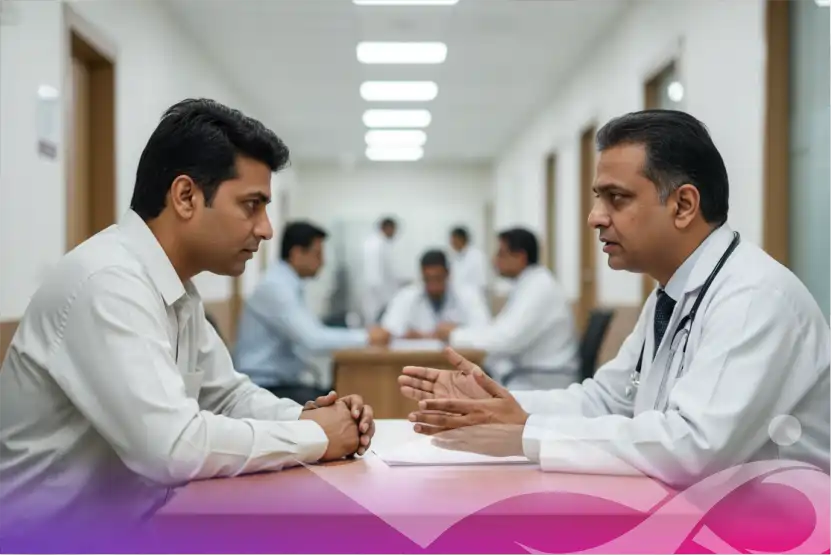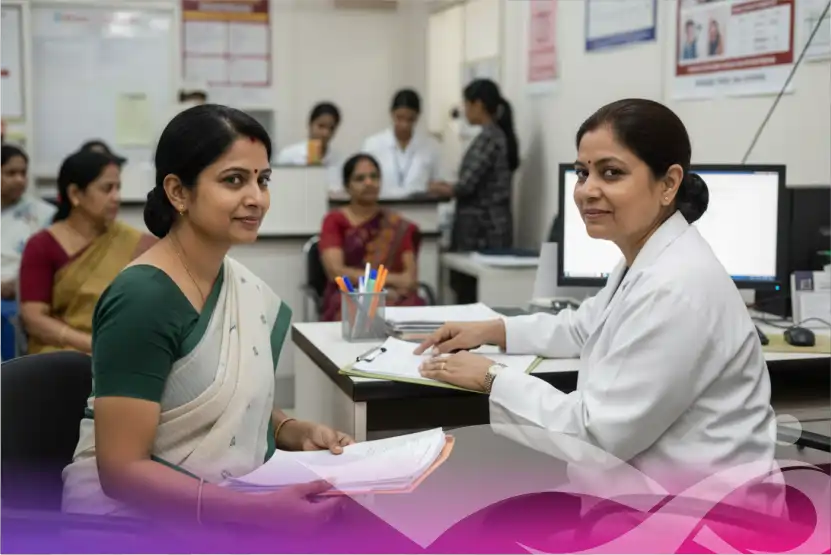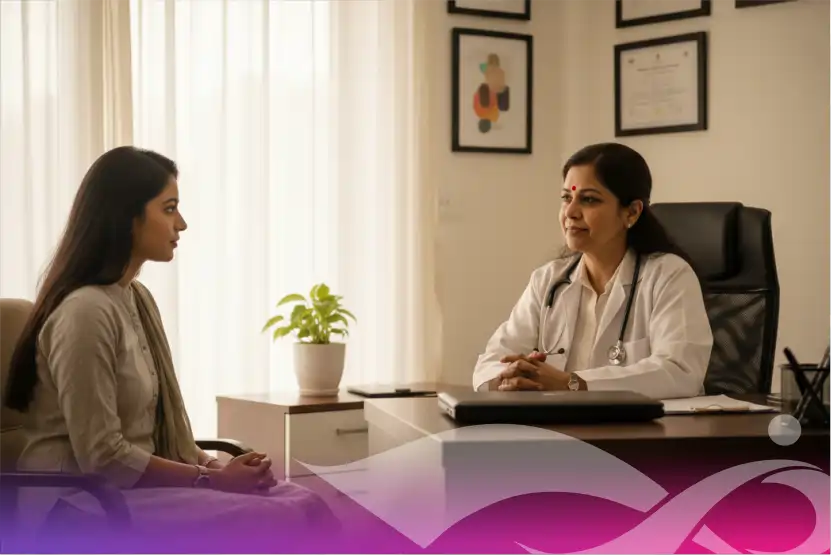Stomach cancer, also known as gastric cancer, is a dangerous disease that often progresses without any symptoms in its early stages. A mix of lifestyle choices, environmental factors, and genetic predispositions are major factors that lead to its development, even though the exact cause is not always known. Understanding the stomach cancer risk factors you should know is a crucial first step in prevention and proactive health management. We at the International Oncology Cancer Institute (IOCI) believe that people can make choices that significantly lower their risk when they have all the information they need.
One of the most important risk factors is getting infected with Helicobacter pylori (H. pylori), a common bacterium that can cause stomach ulcers and long-term inflammation of the stomach lining. H. pylori infection has a big effect on the development of stomach cancer, especially gastric adenocarcinoma, over time. A lot of people with H. pylori makes you more likely to get cancer, but it never causes it. H's regular checkups and care When found, pylori infections can be stopped.
Lifestyle effects on your stomach
Eating habits are also very important. Some traditional cuisines have a lot of pickled, salted, and smoked foods, which are linked to a higher risk. The stomach can turn nitrates and nitrites in these foods into things that can cause cancer. This highlights how lifestyle changes prevent cancer, as dietary modifications are within an individual's control.
Heavy drinking and smoking are also big risk factors. Using tobacco, whether by smoking or chewing, is closely linked to a higher risk of stomach cancer. The risk goes up with the amount and length of time spent smoking. Also, drinking too much alcohol can hurt the lining of the stomach, which makes it easier for someone to get sick. Obesity is another risk factor because it can make gastroesophageal reflux disease (GERD) worse. GERD can change the esophagus and, in some cases, raise the risk of stomach cancer. Certain genetic factors, like a family history of stomach cancer or hereditary diffuse gastric cancer syndrome, can also make a person more likely to get stomach cancer. Chronic atrophic gastritis (thinning of the stomach lining), pernicious anemia, and some types of gastric polyps are also thought to be pre-cancerous and should be checked on a regular basis.
Risk factors and stomach cancer
It's important to remember that having one or more risk factors doesn't mean that someone will definitely get stomach cancer. Some people who don't have any known risk factors get the disease, but many people who do have risk factors never do. But knowing these things makes you feel better about talking to your doctor about them. This honest talk could lead to personalized screening recommendations, especially if you have a strong family history or a lot of risk factors. Ultimately, understanding these risks underscores why early detection saves lives in cancer, as symptoms often only appear in advanced stages.
Consult us at any of our locations—across IOCI Noida, Greater Noida, Mumbai, Indore, Aurangabad, Agartala, Saharanpur, Kanpur and Jodhpur.












